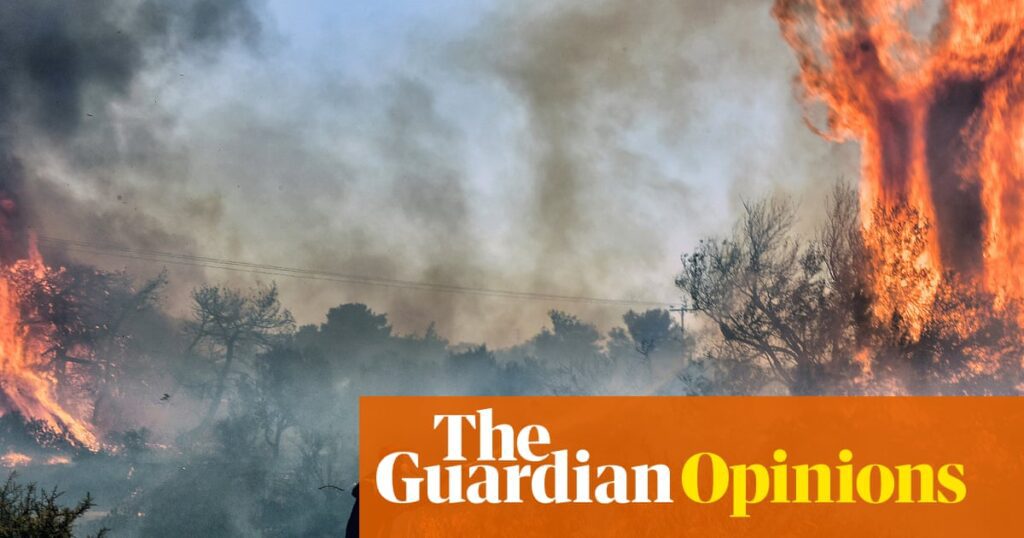As world leaders convene in Brazil for the first Amazon Police Cop30, the urgency of reducing global greenhouse gas emissions is highlighted. Despite three decades of UN climate efforts, about half of the atmospheric CO2 since the Industrial Revolution has been emitted post-1990, the same year the IPCC confirmed the threat of human-induced climate change. The IPCC’s upcoming Seventh Assessment Report is crucial, but progress remains overshadowed by political challenges; the world is still far from limiting dangerous climate change.
Recent reports from the World Meteorological Organization indicate that CO2 concentrations will hit a record 423.9 ppm in 2024, with emissions largely stemming from deforestation and fossil fuel combustion. The latest data from the Global Carbon Project shows that 90% of CO2 emissions are linked to burning forests and fossil fuels, with significant increases in gas, oil, and coal.
Despite calls to transition away from fossil fuels, global production plans for 2030 far exceed what is necessary to keep warming below 1.5°C. Climate policy emphasizes “nature-positive” solutions, like tree planting, rather than pressing economic incentives for fossil fuel reduction. However, there isn’t enough land available to achieve net-zero emissions through these methods alone, and the time needed for forests to mature makes them unreliable as immediate carbon storage solutions.
The reliance on land-based carbon dioxide removal (CDR) methods allows polluters to continue their emissions unchecked, contributing to a growing carbon debt that future generations will have to confront. To genuinely address climate issues, the world needs to move beyond mere net-zero commitments toward achieving net negative emissions—essentially reducing total emissions below past levels.
With current CDR methods falling short in effectively absorbing CO2, the political focus on net-zero becomes a distraction from the urgent need to eliminate fossil fuel use entirely. As Cop30 approaches, there’s a pressing need for leaders to confront the scientific realities of climate change or risk long-term consequences for humanity. The dilemma is clear: respond honestly to the crisis or face a profound moral failure.
Source link


